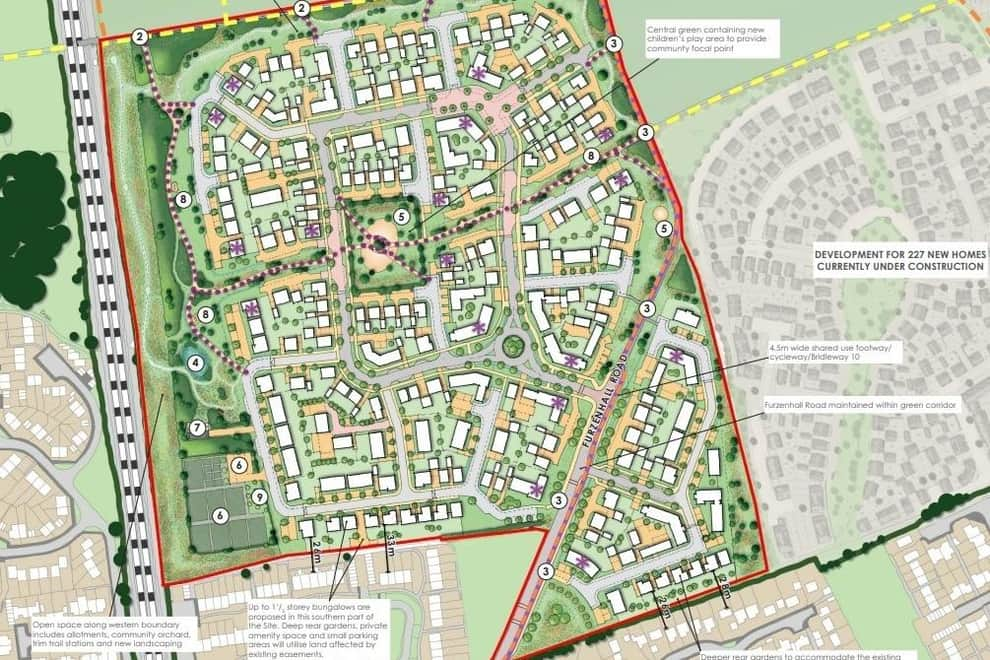Discover how Luton’s community adapts to road closures and infrastructure upgrades, turning short-term disruption into long-term sustainability and resilience. Learn more now!
The planning inquiry into the contentious housing scheme proposed on land north of Biggleswade is scheduled to commence next month. This inquiry has sparked significant interest and debate among local residents, environmentalists, and town planners. As the date approaches, stakeholders on all sides are preparing their cases with keen anticipation.
Background of the Controversy
The housing project in question involves the development of numerous residential units on a parcel of land situated to the north of Biggleswade. The proposal has been met with mixed reactions since its inception, splitting opinions within the community. Proponents argue that the development is necessary to address the acute housing shortage in the region, providing much-needed affordable homes for individuals and families.
Conversely, opponents raise concerns about potential environmental impacts, increased traffic congestion, and the pressure on existing infrastructure and public services. They fear that the rural character of the area could be irrevocably altered by such a large-scale development.
The Planning Process So Far

Initial planning applications for the housing scheme were submitted several months ago. Following a series of public consultations and preliminary reviews, the application was rejected by the local council. The primary reasons cited for the rejection included environmental sustainability issues and inadequate infrastructure planning.
However, the developers have appealed this decision, prompting the need for an official planning inquiry. This legal proceeding will provide a structured platform for both sides to present their arguments, supported by evidence, expert testimonies, and public opinion.
Key Participants and Their Positions
Several key participants will have a considerable influence at the upcoming inquiry:
- Developers: Armed with revised plans and additional reports from environmental consultants, the developers are expected to emphasise the socio-economic benefits of the project, including job creation and housing affordability.
- Local Council: Representatives from the council will reiterate the grounds for their initial refusal, focusing on regulations, sustainable development principles, and community feedback.
- Residents and Community Groups: Many local residents have mobilised, forming community groups aimed at preserving the area's rural landscape. They are likely to present petitions and data highlighting public opposition.
- Environmental Organisations: These groups will bring forward scientific analyses to underscore the potential ecological consequences, particularly on local wildlife and natural habitats.
Looking Ahead: What to Expect
The planning inquiry, set to begin next month, promises to be an intense examination of both the merits and drawbacks of the proposed housing scheme. It will not only address the specifics of urban planning and environmental stewardship but also broader societal themes such as growth, sustainability, and community values.
As the involved parties prepare for their presentations, it becomes clear that the outcome of this inquiry could set a precedent for future developments in the area. The decision will ultimately need to balance the pressing need for housing with the equally important imperative of preserving the environment and quality of life for current residents.
Conclusion
In conclusion, the planning inquiry over the controversial housing scheme north of Biggleswade is a pivotal event that will help shape the future of the community. With passionate arguments on both sides, the inquiry will serve as a vital democratic process ensuring that all voices are heard before any final decisions are made. Local residents are encouraged to stay informed and participate wherever possible to help influence the direction of their town's development.